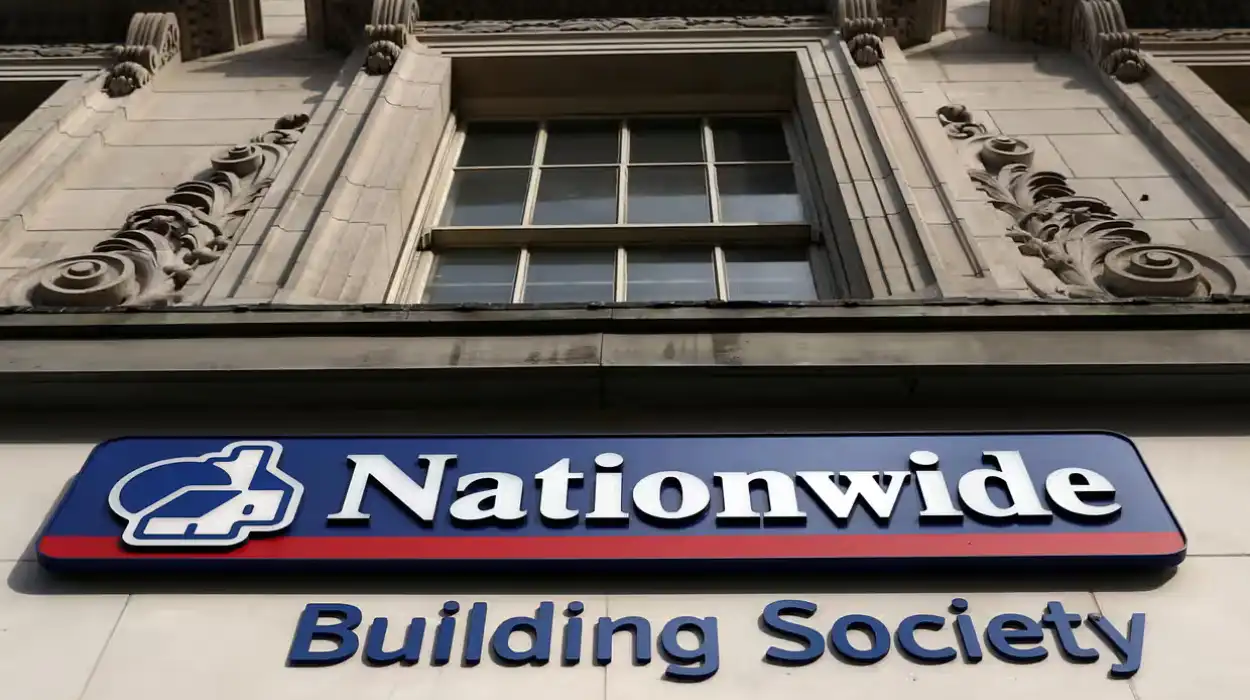London (Parliament Politics Magazine) – Nationwide revealed a £2.3bn gain from its Virgin Money Purchase, with the bank’s assets now worth £5.1bn, exceeding expectations. However, the deal proved profitable, but Nationwide’s profit dropped to 43%.
Nationwide Building Society reported on Monday that £2.3 billion ($2.9 billion) gain from acquiring Virgin Money, exceeding expectations, despite a sharp decline in profits for the first half of the year.
The statutory profile before tax dropped by 43% to 568 million for the six months to September 30, impacted by lower interest rates and increased payouts to members.
Nationwide Building Society’s executives celebrated the deal on Wednesday, as they published their final results as an independent brand. While the £2.8 billion purchase was above Virgin’s share price, it was still a notable discount compared to the banks’ actual assets value.
Following the completion of the deal in October, the assets of Virgin Money were valued at £5.1 billion resulting in a £2.3 billion gain for Nationwide surpassing the £1.5 billion gain it had originally predicted, Nationwide confirms.
As reported by The Guardian, Nationwide’s chief executive, Debbie Crosbie, stated “I don’t think there was any surprise. Certainly wasn’t any surprise for us. It was very thoughtful and very considered, and certainly on the Virgin Money board, they would have been very, very aware of this, as all of their competitors would have been about where they were trading.”
Business investors and executives have raised concerns over the dropping market valuations of UK banks on the London Stock Exchange. Some analysts suggest the discounted sale price indicates a lack of confidence in Duffy and the around thirty-year-old bank.
Gary Greenwood, the banking analyst at Shore Capital said, “I think it highlights that the Virgin Money board didn’t have faith that the CEO’s plan to generate higher profitability from the business to support a higher standalone valuation was going to be successful, so they decided to take the money and run”.
Virgin Money bosses were set to receive a 6 million payout from the deal, earned through years of service at the bank, which was co-founded by billionaire Sir Richard Branson in 1995.
This also included James Perison, the president of Virgin Money’s legal team, who was due £691,812, and Clifford Abrahams, the CFO, who was set to receive £415,494 as part of the deal.
Virgin Money’s major shareholder, Branson, who supported the deal, will receive £724m including £414m from his 14.5% stake.
Nationwide CEO Debbie Crosbie stated that a £2.3 billion gain would give Nationwide “significant headroom” to manage integration costs and continue providing service and value to customers.
She added, “You should expect to see a really great package announced at the full year … and we’re working hard to make sure that that’s as attractive as it can possibly be.”
Crosbie’s response came as Nationwide’s half-year results were published, this revealed a 43% decline in pre-tax to £568 million for the six months ending 30 September.


